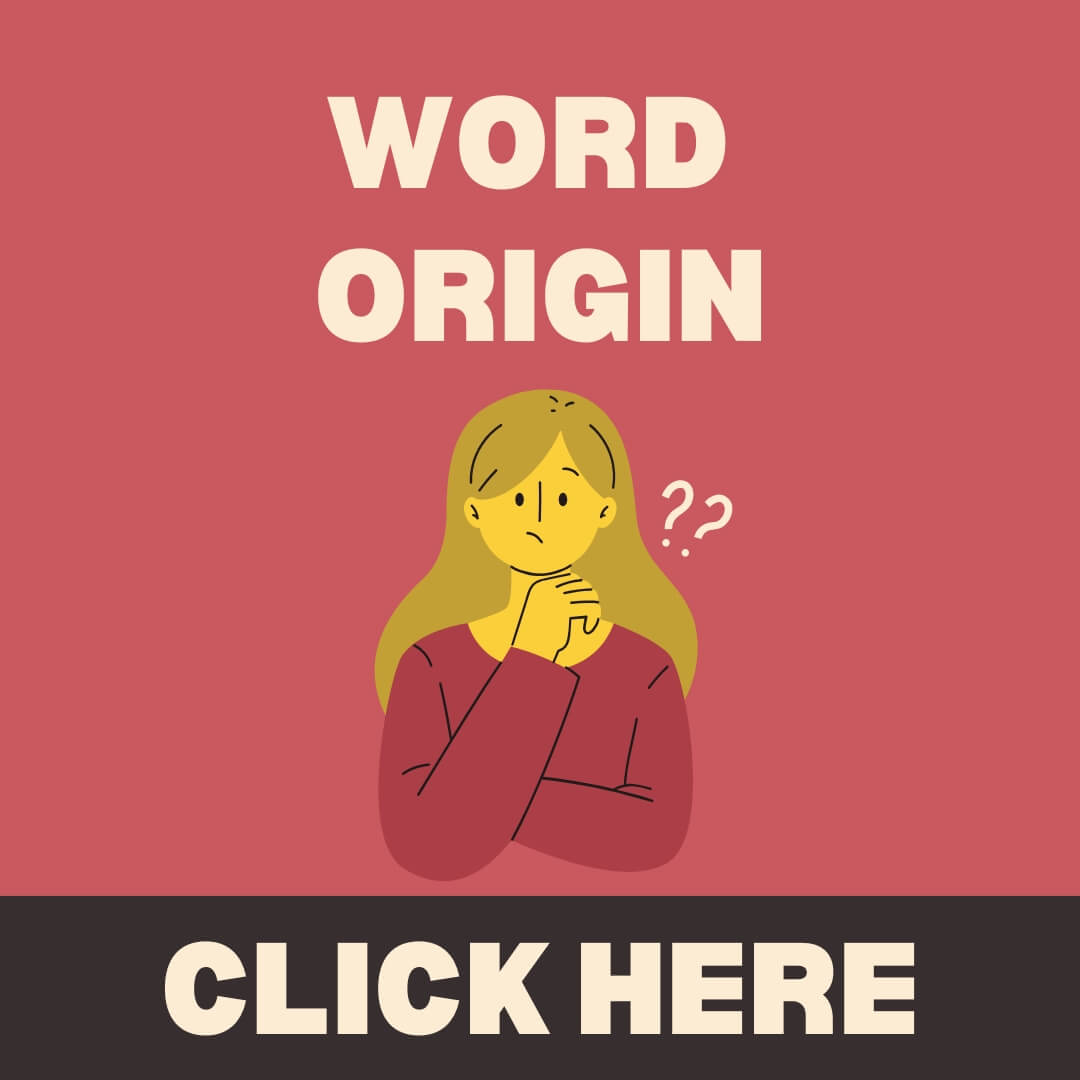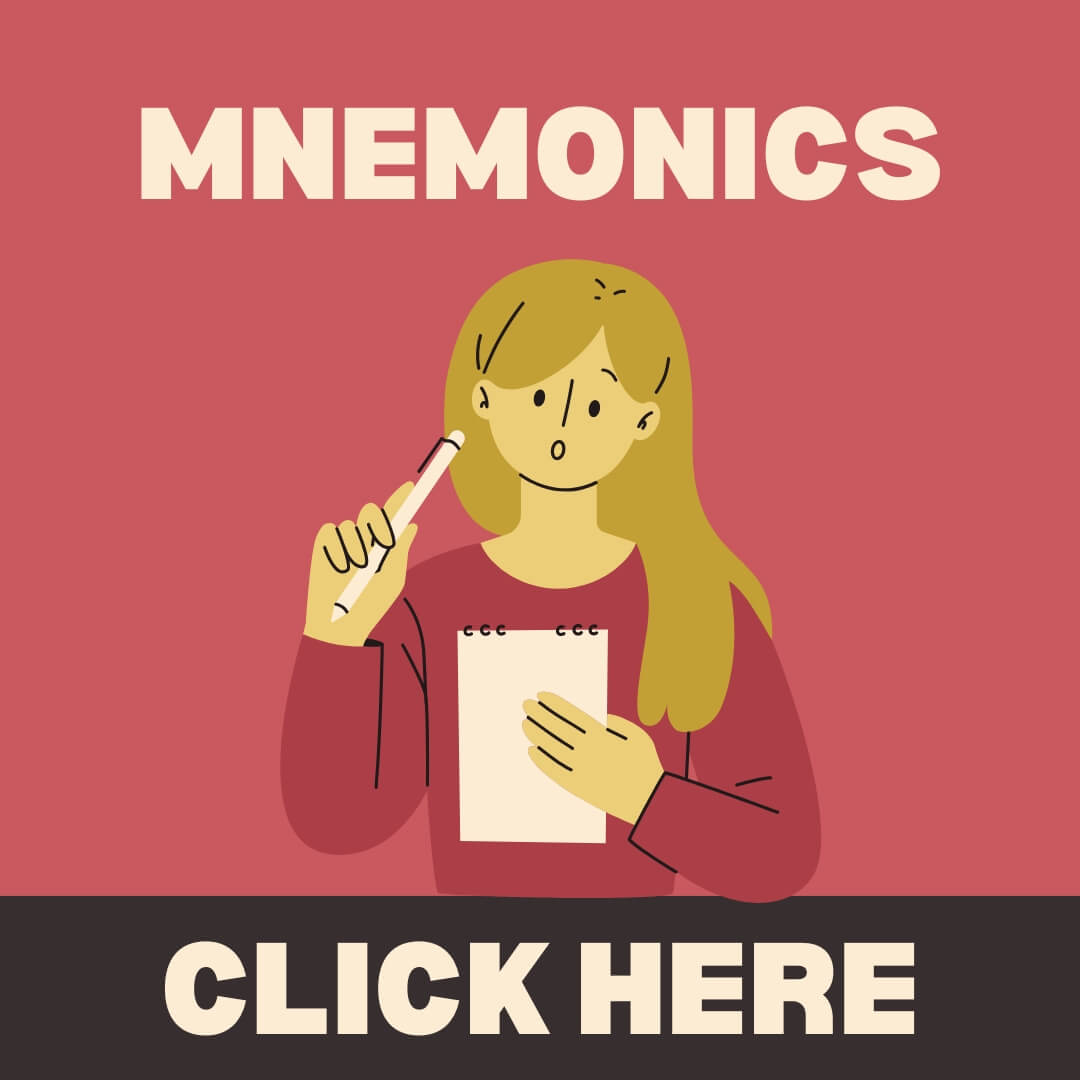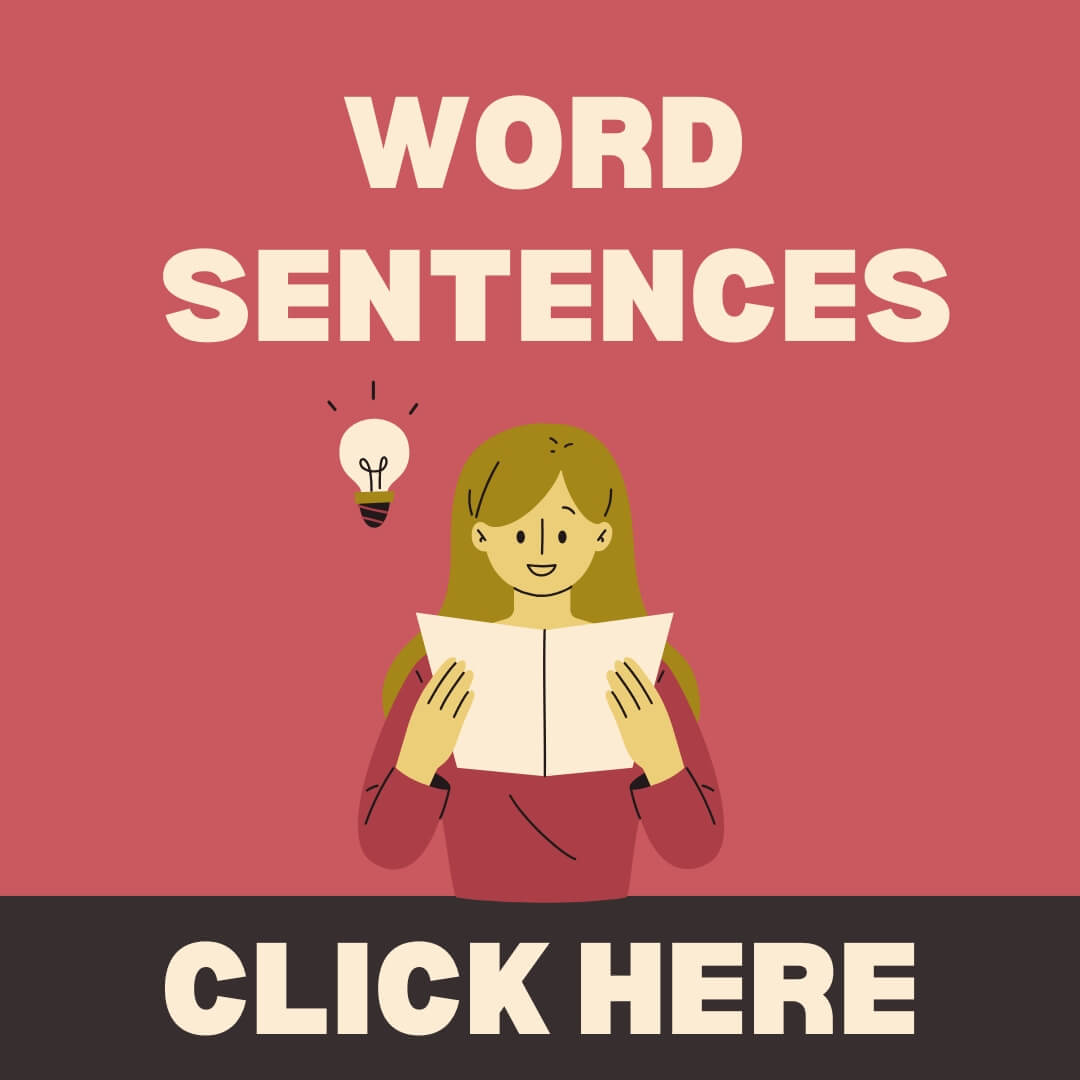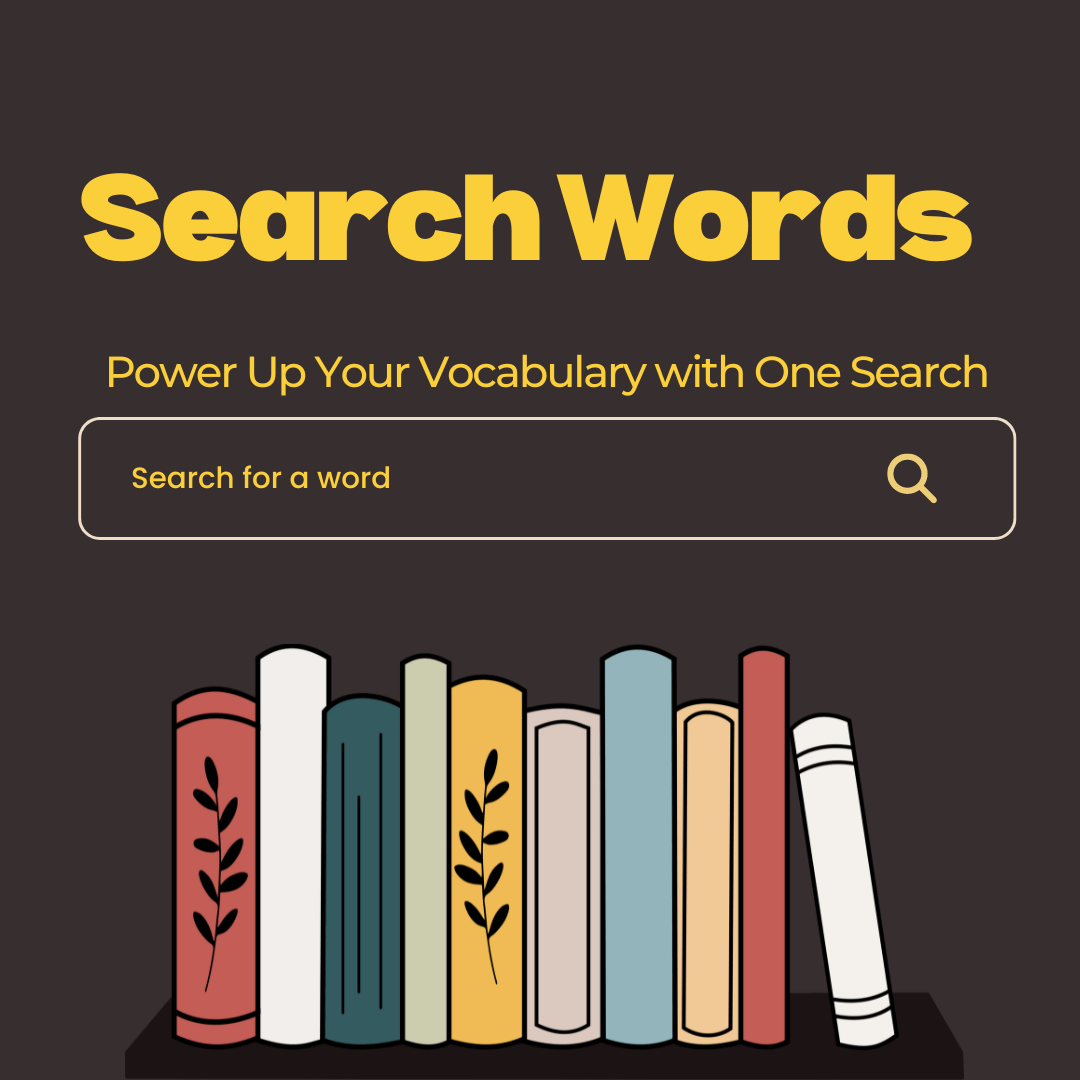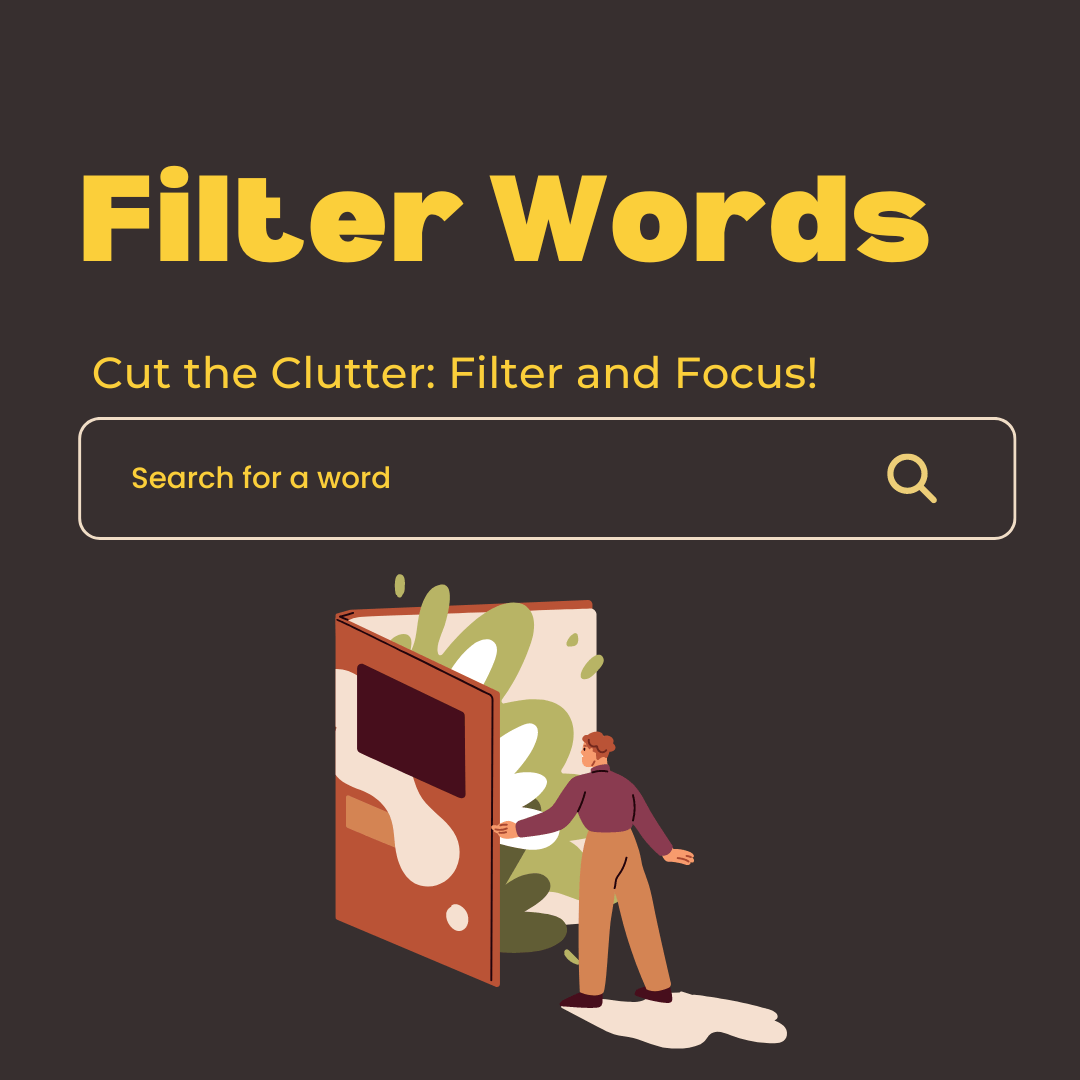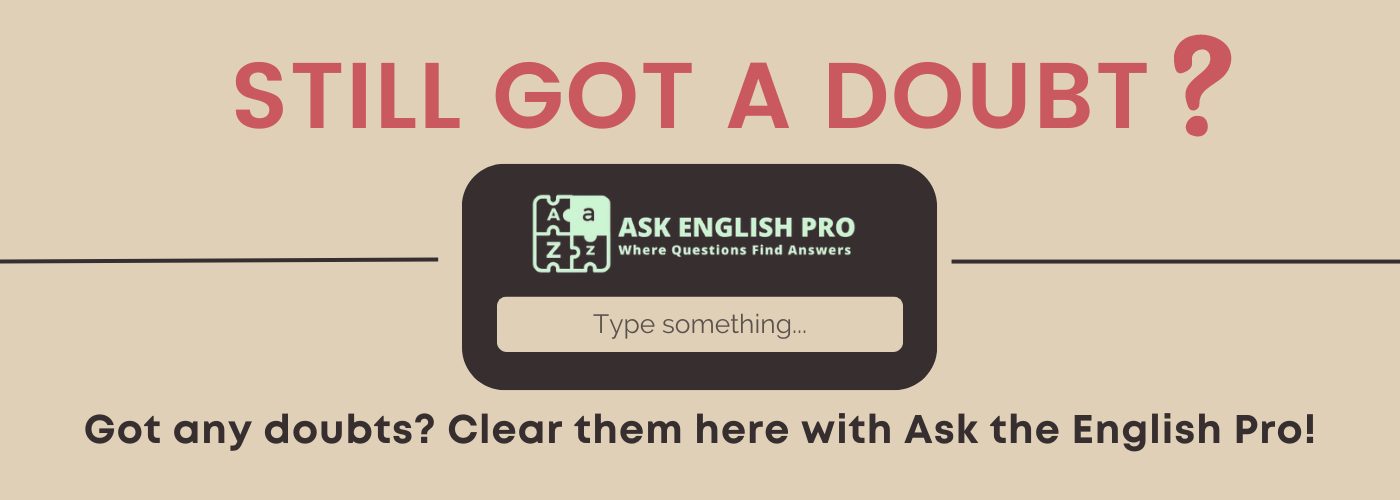Detailed Article for the Word “Inebriation”
What is Inebriation: Introduction
Picture the feeling of being caught in a warm, swirling haze where the lines of reality begin to blur and senses lose their sharpness—this is inebriation. Often depicted in art, music, and literature as a state where inhibitions fade, inebriation speaks to humanity’s age-old connection with substances that alter the mind. As common today as it was in ancient times, inebriation remains a multifaceted experience with social, cultural, and personal implications, influencing how we relate to one another and our perception of the world around us.
Origin and History of the Word Inebriation
The word “inebriation” finds its origins in Latin, from “inebriatus,” the past participle of “inebriari” meaning “to intoxicate” or “make drunk.” This Latin term itself combines “in-” (a prefix meaning “in” or “upon”) with “ebrius” (meaning “drunk” or “intoxicated”). The word was adopted into English in the late Middle Ages and has since maintained a close association with states of intoxication, particularly through alcohol or other substances. Over centuries, “inebriation” has appeared in religious, medical, and literary texts, each context lending it unique connotations, from the liberating effects of altered perception to the cautionary tales of excess and indulgence.
Meaning and Definition of Inebriation
Inebriation (noun):
- The condition of being intoxicated, usually through the consumption of alcohol or mind-altering substances
- A state where one’s physical and mental faculties are impaired due to excessive intake of intoxicants
- (Figurative) A state of excitement or exhilaration, not necessarily caused by substances
Usage note: Often used interchangeably with “intoxication,” though “inebriation” carries a more formal tone.
How to Pronounce Inebriation
ih-NEE-bree-AY-shun
How to Remember Inebriation: Memory Tips
Think of the root “inebri” in “inebriation” as “in-ebri(ated).” A helpful memory device is imagining a phrase like “inebriation = in excitement,” since intoxicated people often act animatedly. Another way to remember is to connect it with the visual of a person “in a haze,” as inebriation clouds judgment and distorts perception. Alternatively, break down the word to “in” (in) + “ebri” (root related to intoxication), picturing a person “in a state” of drunkenness.
Inebriation in a Sentence: Examples and Usage
- Literary: “The inebriation of his youth often led him to act without regard for consequences.”
- Everyday: “They shared a laugh over their brief moment of inebriation during the celebration.”
- Medical: “High levels of inebriation can lead to significant health risks, including alcohol poisoning.”
- Figurative: “She was in a state of inebriation from the sheer beauty of the landscape around her.”
- Historical: “The ancient festival was marked by music, dance, and widespread inebriation among attendees.”
- Social: “Public inebriation is often subject to legal restrictions in urban areas.”
- Scientific: “The effects of inebriation are caused by alcohol’s impact on the central nervous system, slowing reflexes and altering mood.”
Difficulty Level of Using Inebriation
Intermediate:
- Commonly understood but formal in tone
- Typically used in medical, legal, or formal contexts
- Easy to misuse if confused with intoxication in casual settings
Modern Usage of Inebriation in Contemporary Context
Today, inebriation appears frequently in social, cultural, and medical discussions. With the rise of social events that often involve drinking, the effects of inebriation are widely observed and sometimes celebrated in certain settings. Meanwhile, the growing focus on mental health has increased awareness about the effects of substances and the impact of inebriation on overall well-being. In popular culture, inebriation is a frequent subject in media and entertainment, from comedic portrayals of drunkenness to explorations of the more serious consequences of substance use.
Legal and Social Considerations: Many societies implement strict regulations around inebriation in public spaces and operating vehicles, with “Driving Under the Influence” (DUI) laws underscoring the importance of sobriety for public safety.
Digital and Health Trends: Apps for tracking alcohol consumption and promoting moderation are increasingly popular. Public health campaigns also emphasize awareness of the risks associated with frequent or excessive inebriation, reflecting a shift toward mindful and responsible drinking culture.
In the modern context, inebriation is not only a personal experience but also a subject of social and regulatory attention. As people explore alternatives like alcohol-free gatherings and mindful drinking, our relationship with inebriation continues to evolve, blending traditional social practices with contemporary health consciousness.



